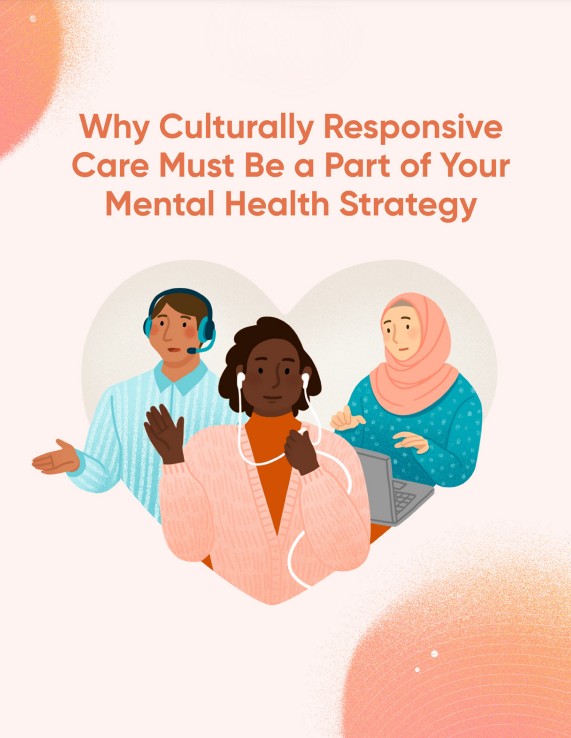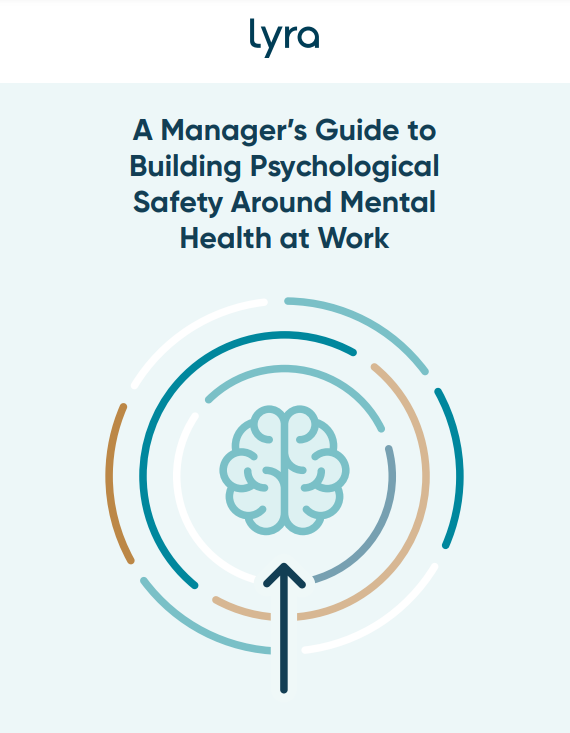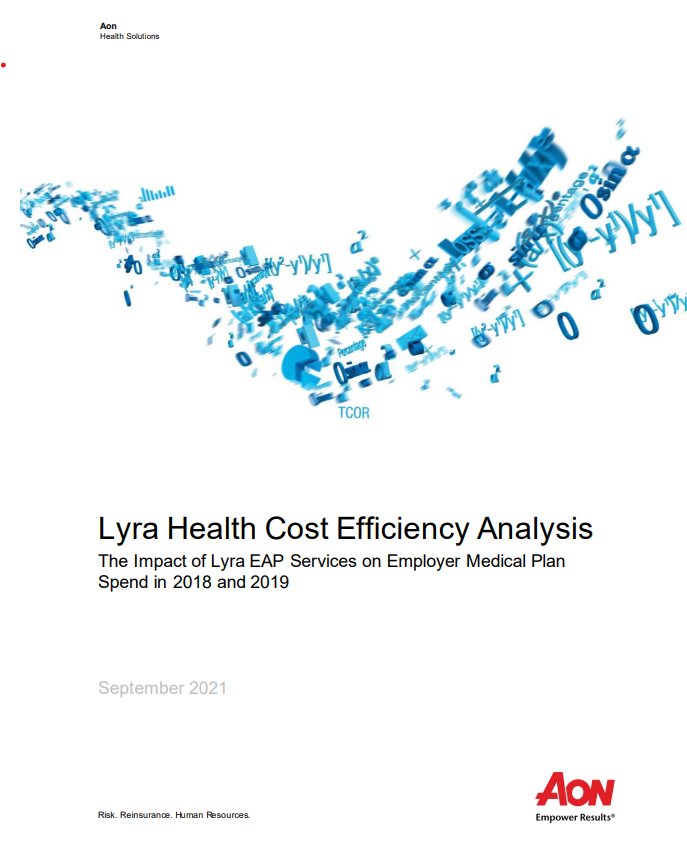
Mental illness is universal across all cultures, but not everyone has equal access to care. Both stigma and a lack of representation among providers contribute to this problem. Learn why culturally responsive care is imperative to your mental health strategy.
How cultural experiences can impact mental health
People from every culture can develop mental health issues such as anxiety or depression, but the experiences they may face because of their cultural
backgrounds—for example, race-based discrimination—can influence the severity and impact of their symptoms, how they respond to different therapies, and
whether they choose to seek treatment at all. For example, while depression is a universal problem, rates of depression are lower in people who are Black (24.9 percent) or Hispanic (19.6 percent) than in white people (34.7 percent). However, depression in those two groups is likely to be more persistent. Communities of color are also less likely to seek and receive care. While 54 percent of people in the United States with a mental illness do not receive mental health treatment, the percentage of those without care significantly increases in these groups, with 63 percent of African Americans and 65 percent of Hispanic people not receiving treatment.
What is culturally responsive care?
CRC is the intentional and consistent decision mental health care providers make to see, respect, and celebrate the aspects that make each person unique. It’s
an acknowledgment of their intersectional existence in the world and how this shapes their experiences.
Know More



